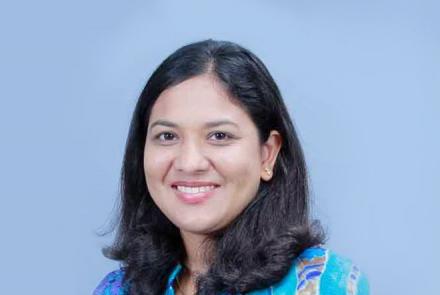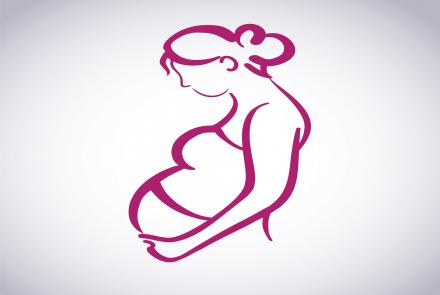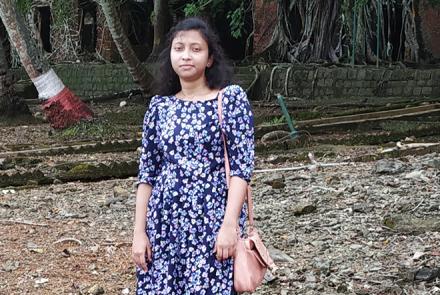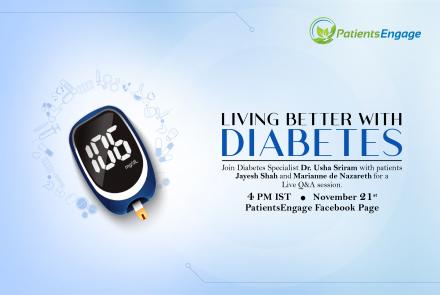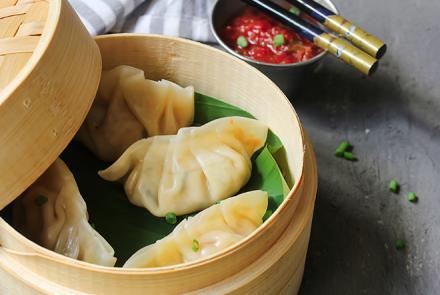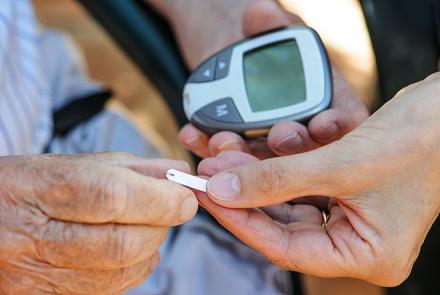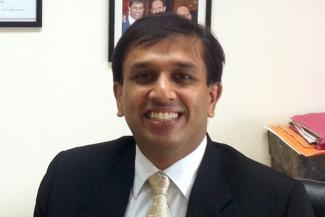
In our AsktheDoctor series, Dr Shailesh Shrikhande of Tata Memorial, Mumbai helps us better understand one of the most sudden and deadly cancers - Pancreatic Cancer. Also its relation with diabetes and the need for palliative surgery.
1. There was a report on rising incidence of pancreatic cancer in India. What are the possible reasons?
According to SEER database (2008-2012), incidence of the pancreatic cancer is static globally (including India) and incidence in India is 0.5–2.4 per 100,000 men and 0.2–1.8 per 100,000 women. However there are some reports that suggest urbanization and changing lifestyles are contributing to an increased incidence. It is not clear whether this is due to increased detection and awareness or whether there is a real increase in incidence.
2. Why is Pancreatic cancer so fatal?
Reasons for high mortality rates in pancreatic cancer are many. Deep retroperitoneal location of the pancreas, lack of specific diagnostic markers, difficulty in establishing an early diagnosis, and the inherent aggressive biology of pancreatic cancer that respond poorly to both chemotherapy and radiotherapy, contribute to the exceptionally high mortality associated with this aggressive cancer.
3. Is pancreatic cancer familial in nature? Is genetic testing available and useful?
Majority of the cases of pancreatic cancer are sporadic but 5–10 % of pancreatic
cancer cases are familial in nature due to germline mutations in proto-oncogenes or tumor suppressor genes. It is considered that activation of the oncogene K-ras with simultaneous inactivation of the tumor suppressor genes (p53, DPC4, p16, and BRCA2) results in pancreatic cancer. There are various genetic tests available to detect these mutations, but if we find mutated genes it only indicates higher susceptibility rather than confirming the diagnosis.
Also Read: When you should consider Genetic Testing
4. Given the silent nature of the cancer, are there are any particular signs to watch out for?
There are no specific signs which represent the disease in early stages. Onset of painless progressive jaundice should prompt investigations to understand the cause of the same. Recent onset diabetes, loss of appetite and weight, and upper abdominal pain or discomfort are some of the other signs suggestive of this disease that could well be in stage II or III when diagnosed. Left supraclavicular lymph nodal swelling (lymph nodes in the neck) are some of the signs of advanced widespread nature of the disease (Stage IV).
Know more about Signs and Symptoms of Pancreatic Cancer
5. What are the treatment options?
Surgery, chemotherapy and radiotherapy are the three options available in the treatment of pancreatic cancer. Treatment largely depends on the stage at the time of diagnosis. Surgery offers the best and perhaps only chance of cure but only if the cancer is in stages I – III.
6. Can you please elaborate on the surgical treatment options and when each type of surgery is recommended?
Surgery - that is both complex and challenging - is the best treatment option available to try and cure pancreatic cancer. Type of surgery, i.e. Whipple resection (or pancreatoduodenectomy) for pancreatic head tumors and distal or left pancreatectomy or median pancreatectomy for tumors of the neck and body-tail of the pancreas. Surgery is also offered in borderline resectable or locally advanced cancer usually after neo-adjuvant therapy (either chemotherapy or a combination of chemo-radiotherapy).
7. What is palliative surgery and when is it required?
When surgery is done with non-curative intent to relieve symptoms like jaundice, it is called palliative surgery (biliary bypass). If there is gastric outlet obstruction, patients may have to be offered palliative gastrojejunostomy. However palliative surgery is usually not advised in pancreatic cancer since a number of non-surgical (endoscopic / radiofrequency guided) options are now available to treat the symptoms.
8. Any other palliation options?
Advanced pancreatic cancer patients usually need palliation of pain and jaundice. Pain of advanced cancer is usually managed with non-opioid and opioid analgesics as per WHO pain ladder. Rarely, some patients may need celiac plexus block for intractable pain. Jaundice is usually managed by biliary stenting via endoscopic retrograde cholangiopancreatography (ERCP) or percutaneous transhepatic biliary drainage (PTBD). Gastric outlet obstruction can be managed by endoscopic stenting.
9. Are there newer therapies like targeted therapy or immunotherapy available?
Targeted therapy is cancer treatment that uses drugs to attack unique aspects of cancer cells, therefore causing little harm to healthy cells. For example, targeted therapies can work by blocking cellular receptors or pathways believed to play a role in the development of cancer, thereby stopping the growth of a tumor. Erlotinib is currently the only FDA approved targeted therapy drug for pancreatic cancer. It is used in combination with the chemotherapy drug gemcitabine, in advanced pancreatic cancer that cannot be removed by surgery.
Immunotherapy stimulates the body’s immune system to fight the cancer. It works either by enhancing the body’s immune system to stop or slow tumor growth, changing cell signals that allow tumor growth, or making tumors more susceptible to an immune system attack. As of now, FDA has not approved immunotherapies in pancreatic cancer. They are still investigational.
10. What is molecular profiling? Is it routinely done for all pancreatic cancers in India?
Molecular profiling is a method of studying the genetic characteristics and unique biomarkers of individual person's cancer cells. The test information is used to identify and create targeted therapies, designed to work better for a specific cancer profile. Molecular profiling is not routinely done in every pancreatic cancer patient and though they hold a lot of promise, their relevance in clinical practice remains unclear.
11. Any diet and nutrition recommendations to manage the disease?
- Maintain a healthy weight.
- Eat small, frequent meals throughout the day.
- Drink enough fluids.
- Low fat and carbohydrates
- Avoid smoking
- Social intake of alcohol in moderation
- Regular exercise
12. Is there any relationship between diabetes and pancreatic cancer?
Diabetes is considered both a risk factor and a symptom of pancreatic cancer. While anti-diabetic drug metformin is associated with decrease in the risk of pancreatic cancer, other drugs like sulfonylureas and insulin are associated with increased risk of pancreatic cancer. Research is ongoing to better define the relationship between the two.
Dr Shailesh Shrikhande is the Chief Surgical oncologist for the Gastrointestinal and Hepato-Pancreato-Biliary Service of Tata Memorial Center in Mumbai. He leads the largest Pancreatic cancer surgery program in S.E Asia with average of 179 pancreatic resections this past year.


